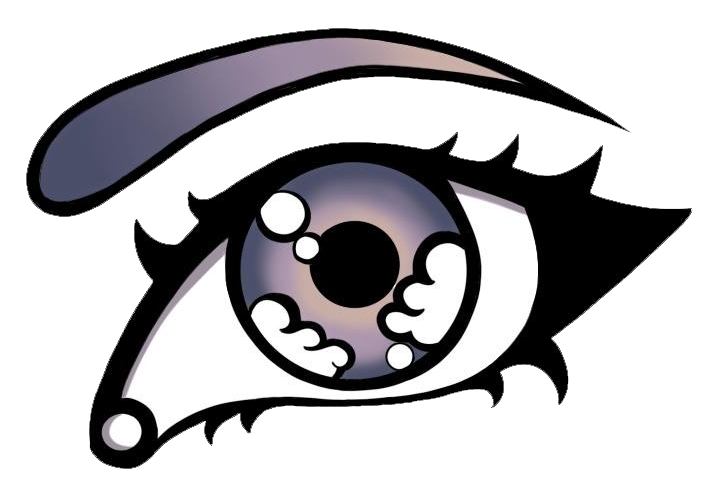By Roshni Ganga
A few weeks ago, I sat in front of my laptop, hands on the keyboard, debating whether my AI assignment should be objective or subjective. Everything has an inner voice, right? Well, AIs don’t, they just execute orders.
So I find it rather ironic how humanity blames AI for the terrors that it causes due to people’s orders and intentions. Being an AI is undoubtedly challenging, though it lacks emotions.
As people we like to be judgemental, understandable, it is a trait buried deep within our nature. But I can’t help but question: would it not be wiser to examine our own intentions before using and accusing AI?
Deep fakes are created of Donald Trump and Keanu Reeves, voice cloning is prevalent and privacy is turning scarce. With ‘trending’ cases of plagiarism, especially in education, it has even gone so far that people had to create new AIs to check the work of an AI.
Even in education, certain AIs, such as the infamous ChatGPT, have been banned due to the misuse. And rightfully so, as with the wrong intention, it leads to serious concerns.
However, in this technology-obsessed world of ours, I think it is quite obvious that any form of AI will not be leaving any time soon.
AI does not have to be a threat, it just needs to be used in moderation and with good intention. It exists to assist, so why not let it, rather than branding it as the bad guy? How is it that a workshop about cooking is possible, but not a workshop about the knowledge of how to (not mis-) use AI?
Advantages have their drawbacks, but given the amount of articles criticising it from top to bottom, I find it pointless to dwell on it. And you could just ask Chat, I’m certain it will provide you with an extensive overview of it.

